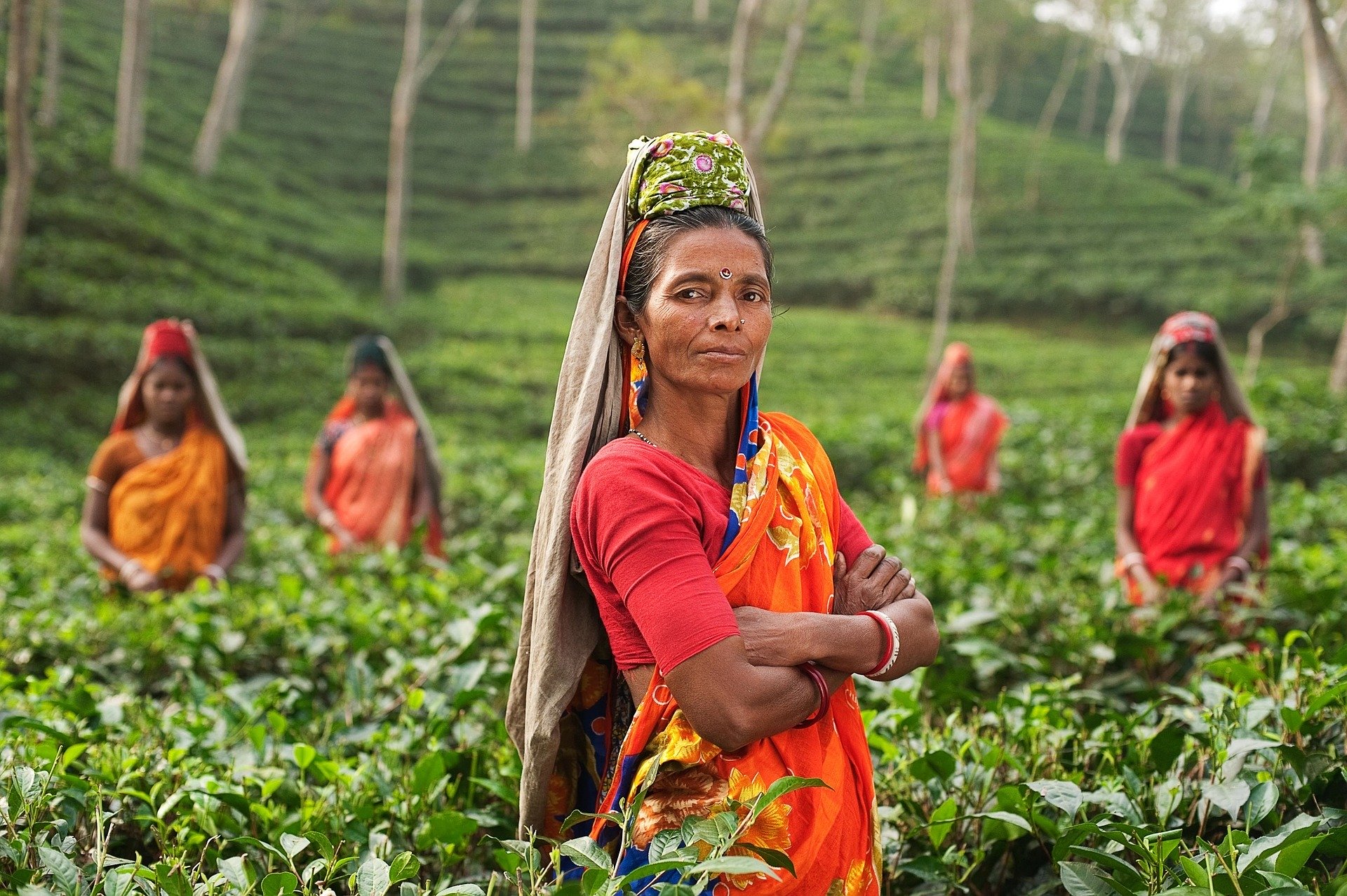
Tea is big business. Not only is it the most consumed drink on the planet after water; but its production and processing contribute to four Sustainable Development Goals – the reduction of extreme poverty (Goal 1), the fight against hunger (Goal 2), the empowerment of women (Goal 5) and the sustainable use of terrestrial ecosystems (Goal 15).
In 2019 the United Nations adopted May 21 as the day to draw worldwide attention to the global tea market and rightly so considering the immense impact of international tea trade on growers, consumers and the global economy. In addition to the health benefits of tea – its antioxidant and anti-inflammatory qualities; production and processing of the Camellia sinensis plant form a major source of income for smallholder farmers and a source of export revenue for some of the world’s poor countries.
International Tea Day aims to increase public awareness of sustainable production and consumption of tea; its importance in fighting hunger and poverty as well as improve the tea value chain. On this inaugural International Tea Day, CABI is honoured to celebrate the smallholder farmers we work with through countries with the systems and economies that rely on the production and commercialisation of tea to thrive.
For example, CABI supported the Cibuni Tea Estate in Indonesia where we helped advance sustainable solutions to pest and disease problems building on our expertise in Integrated Crop Management (ICM). Here pests which threaten production include looper caterpillars (Biston supressaria) and tea blister blight (Exobasidium vexans Massee). Similarly in India, we worked with Unilever to review existing crop protection practices and limitation to current techniques to develop a road map to steer the tea industry towards the use of less pesticides. In collaboration with the Tea Research Association, through its technical wing of Tocklai Tea Research Institute, United Planters Association of Southern India, and key industry partners, both lab and field-based research was undertaken. The impact on pest and natural enemy populations, yield and the associated cost were all assessed and the results were presented in a toolkit of best non-chemical management strategies.
A CABI research study led by Carol Ellison was instrumental in determining that classical biocontrol of tea weeds offers a cheap, pollution free, proven and sustainable method for their management. For instance, using a coevolved rust fungus Puccinia spegazzinii as a biocontrol agent for the ‘green tidal wave’ Mikania micrantha, an invasive alien tea weed ravaging the Assam tea growing region of India. In 2005 this rust was officially released in India as the first ever pathogen to be introduced into this country, with subsequent releases in other countries in the region including China.
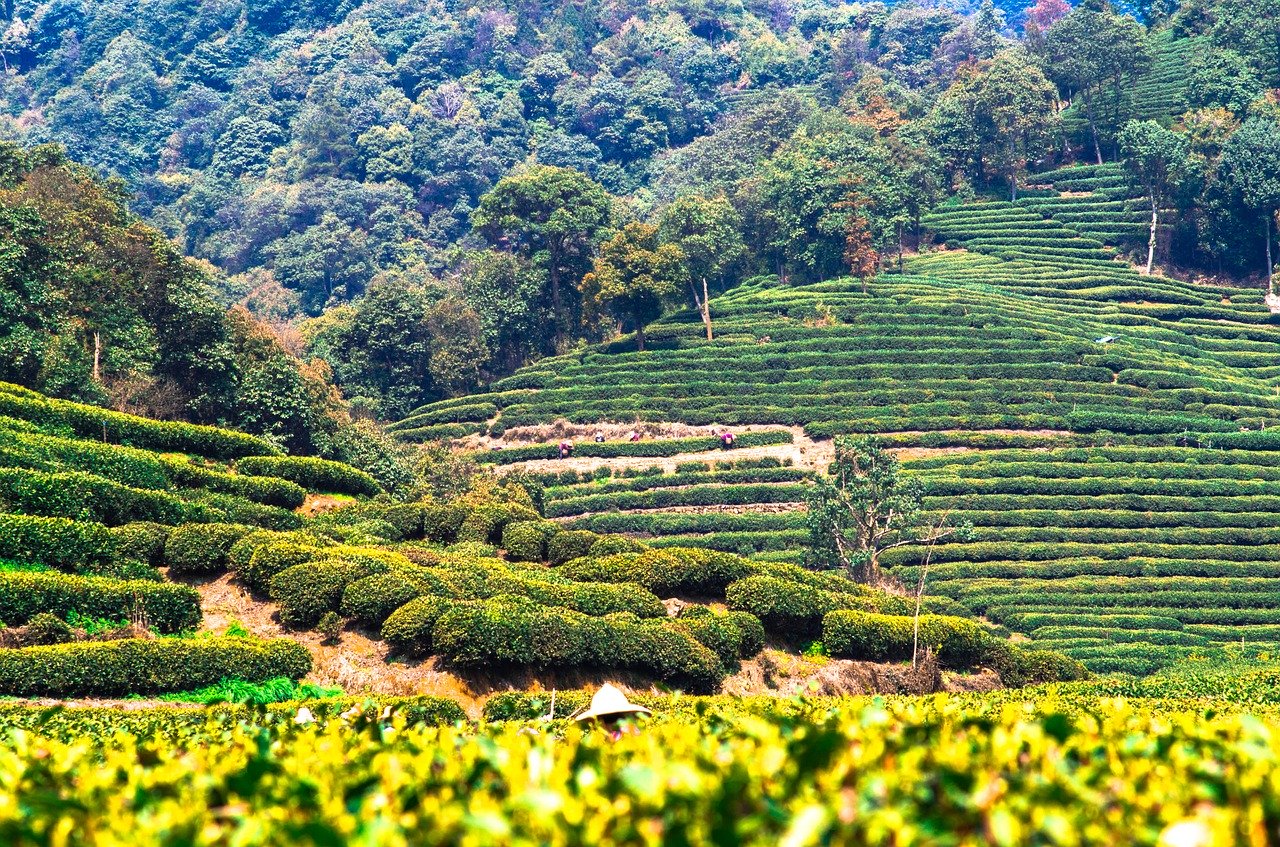
Furthermore, through a partnership to enhance coverage of tea, CABI databases and the Tea Research Institute of the Chinese Academy of Agricultural Sciences collaborated to exchange information on tea, thereby expanding coverage of CAB Abstracts and Global Heath on tea, particularly from China – the largest tea producing country in the world with more than 2.5 million tonnes produced per year. This partnership also facilitated world-wide dissemination of Chinese research on tea. CABI’s two databases boast a coverage of 36,171 records on tea related literature. The Tea Research Institute is located in Hangzhou, China, which produces Dragon Well (Longjing) tea, mostly by hand and renowned for its high quality, earning it the China ‘Most Famous Tea’ title.
Interestingly, per capita consumption of tea is relatively low in tea-producing countries, signifying a need to increase demand. As a cash crop, tea is helping to reduce poverty and bring about food security in producing countries. Having led the campaign to promote International Tea Day, Chinese Ministry of Agriculture and Rural Affairs, with which CABI has a main Joint Lab in Beijing and European Lab in Switzerland, is organising a series of celebrations including on-line seminars to raise awareness in China and beyond.
So, the next time you take a sip of your favourite brew also spare a thought for the threats your drink faces in light of our changing climate. Tea production requires some strict adherence to unique agro-ecological conditions and changes in climate present a threat to tea quality, incomes and rural livelihoods – a situation that may be managed if tea-producing countries integrate climate change adaptation and mitigation policy into their national tea development strategies.
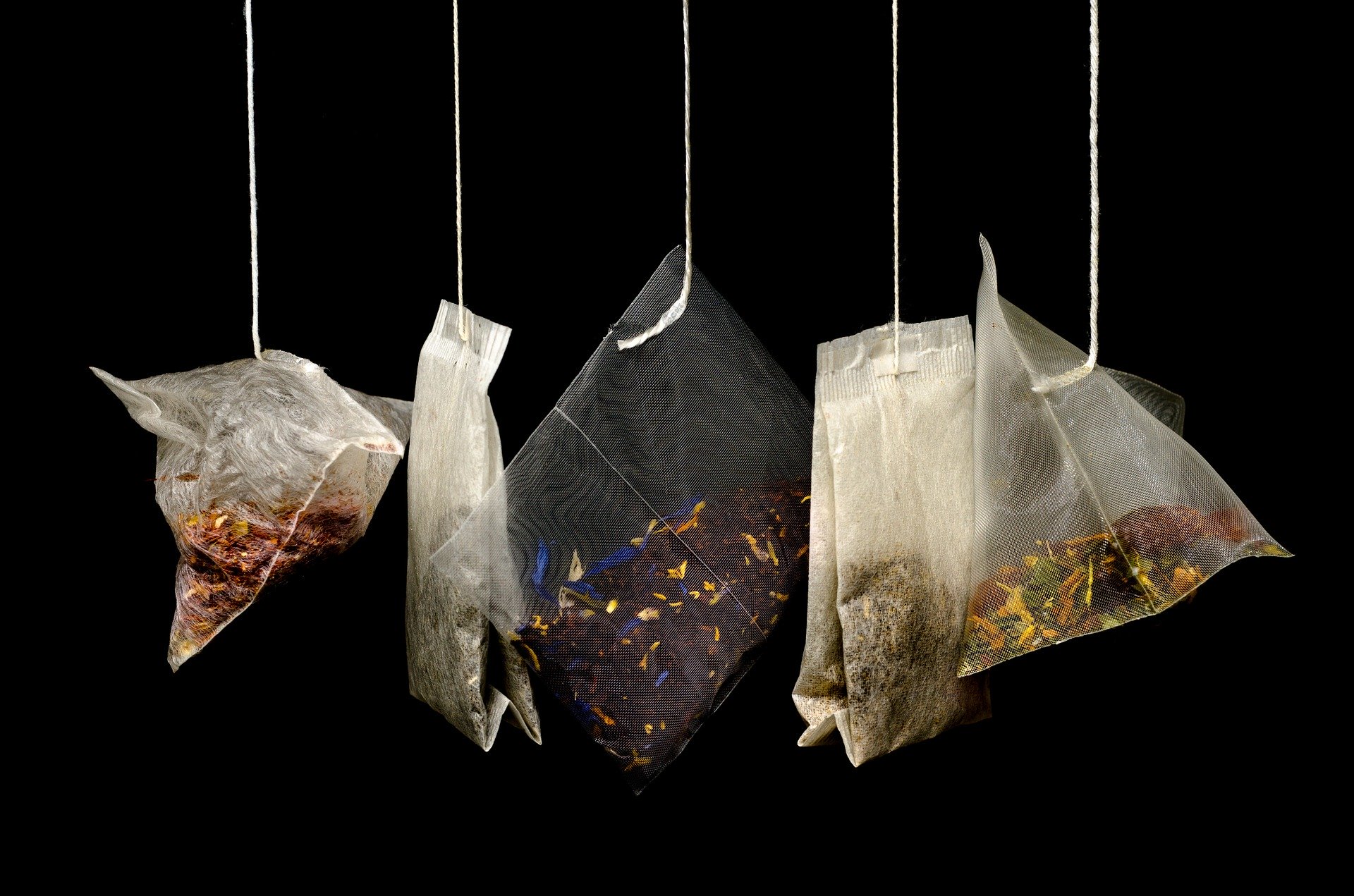
Some like it hot, some like it cold: 7 Fantastic Fun Facts about Tea
- China (2,473,443 tonnes), India (1,325,050 tonnes), Kenya (439,857 tonnes), Sri Lanka (349,699 tonnes) and Vietnam (260,000 tonnes) are the top five tea producing nations and are CABI member countries.
- There are over 20,000 different teas in the world but only 6 varieties of Camellia sinensis — the actual tea plant.
- The people of Turkey consume the most tea (at 3.16kg per capita annually) than any other country in the world. Followed by Ireland (2.19kg) and the United Kingdom (1.94kg) according to 2016 statistics.
- Original Da Hong Pao from China is the most expensive tea in the world at $1.2 million per kilogram of ‘The Big Red Robe’.
- In 1908, Thomas Sullivan packed tea samples into small silk bags, creating the first tea bags (by accident).
- Interesting tea from around the world includes Bubble Tea with tapioca starch popular in China, and Sweet Iced Tea popular in the United States of America.
- Tea dates back to over 5,000 years ago.
Turn a new leaf – CABI Books on Tea
Coffee, Cocoa and Tea – By: Ken Willson, University of Newcastle, Australia
Find out more about CABI’s work to help tea farmers protect their crops more sustainably
https://www.cabi.org/projects/promoting-sustainable-tea-production-in-india/
2 Comments
Leave a Reply
Related News & Blogs
CABI conducts workshop in India to help pave the way for better FAIR data processes in agriculture
CABI, as part of the Enabling FAIR data sharing and responsible data use project, has conducted a workshop in Delhi, India, to help pave the way for better FAIR data processes in agriculture. The project, funded by the Bill & Melinda Gates Foundati…
8 January 2024



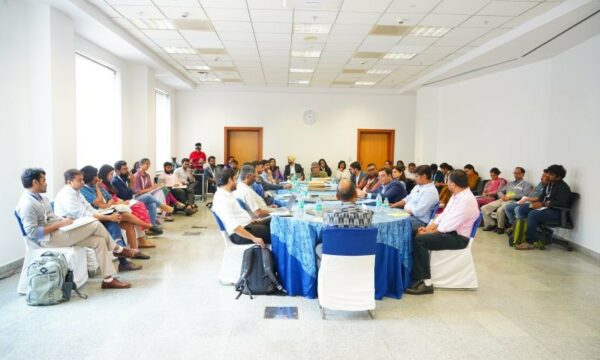
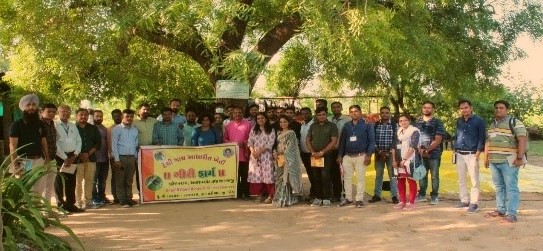
As a tea lover, I really appreciate Informative articles like this. Did not know that tea was a cash crop. Beautiful written as always. Please keep articles like this coming.
[…] you know that there is an international tea day? All about tea for those of you who prefer tea to […]